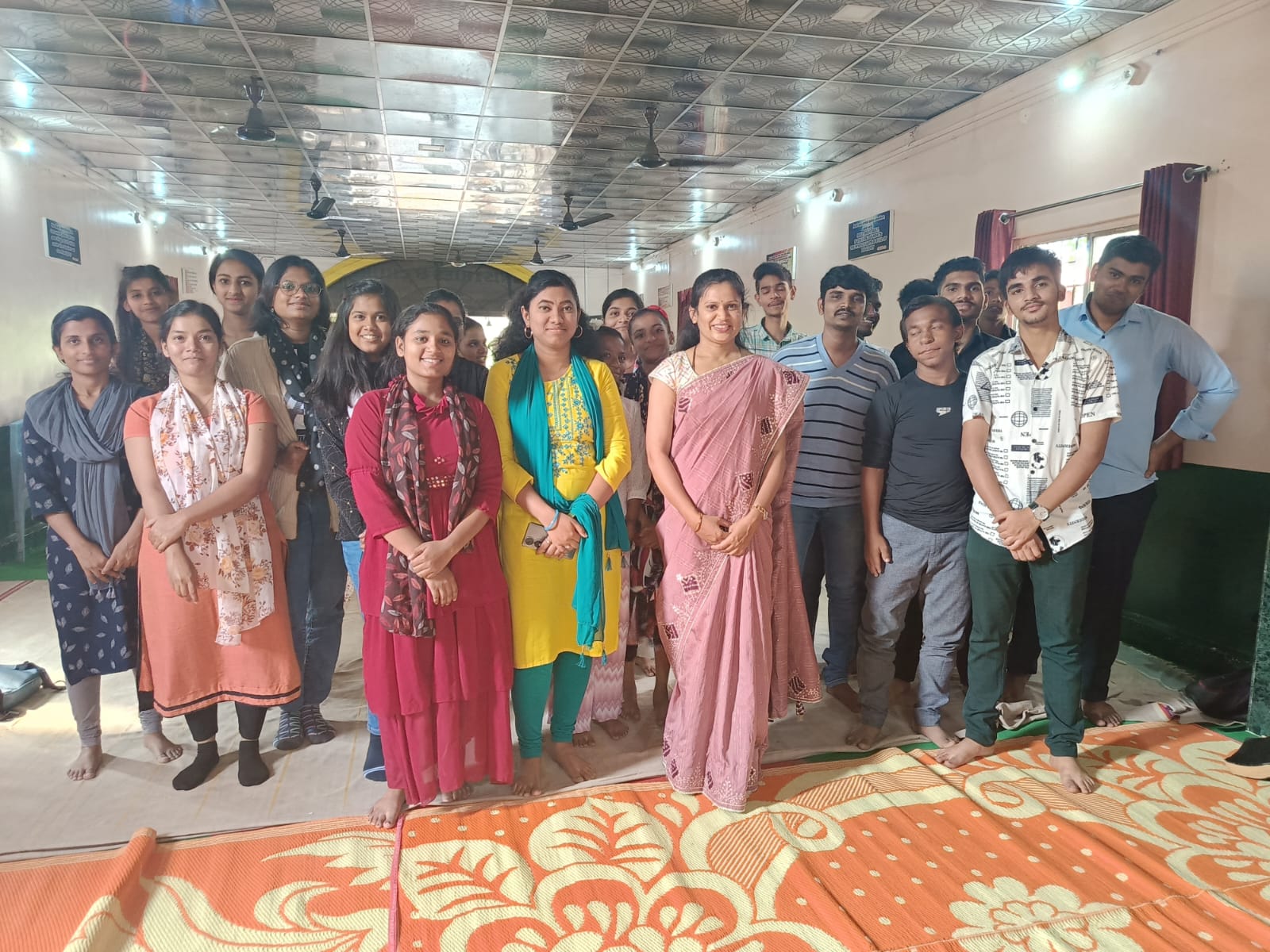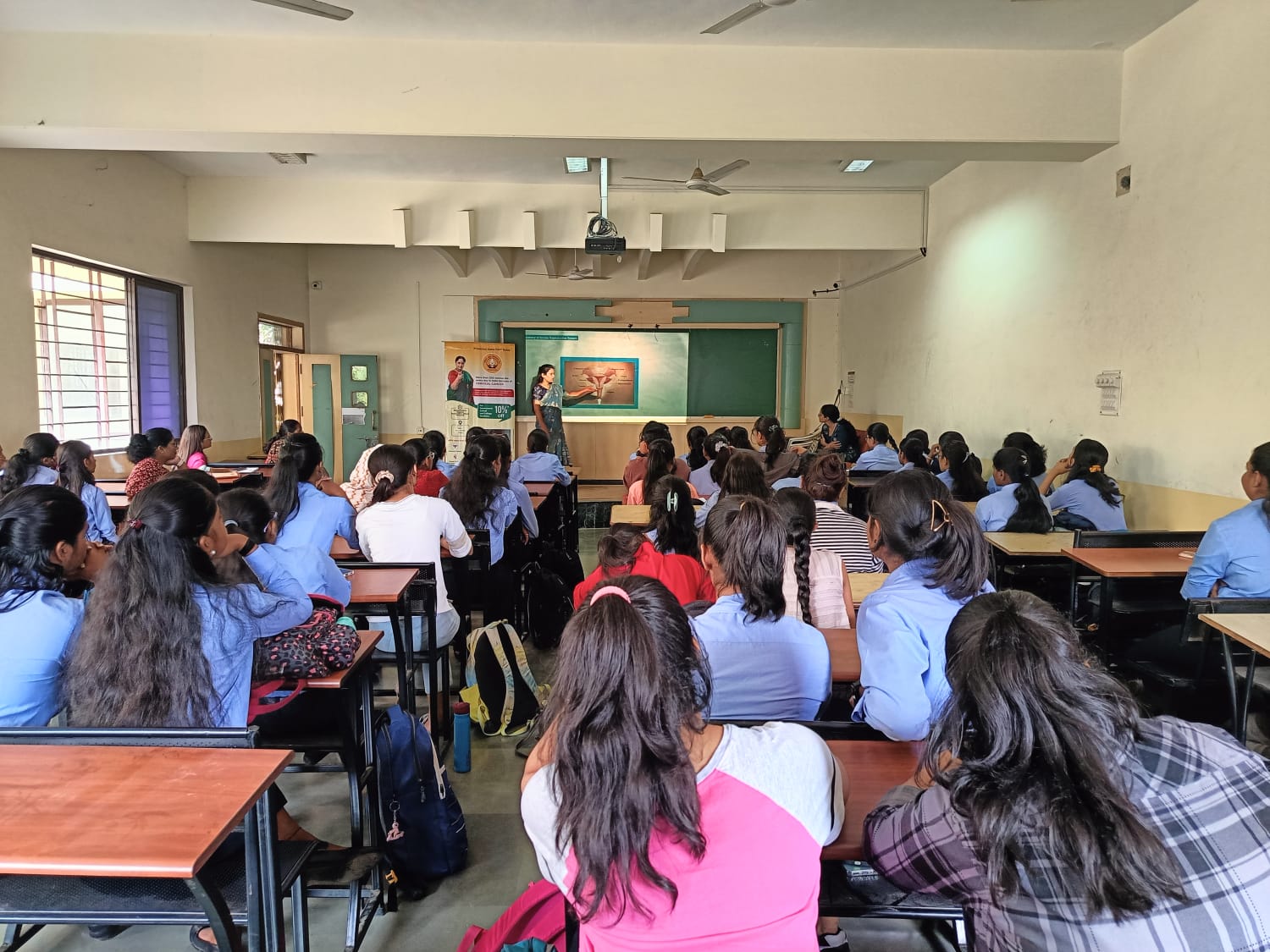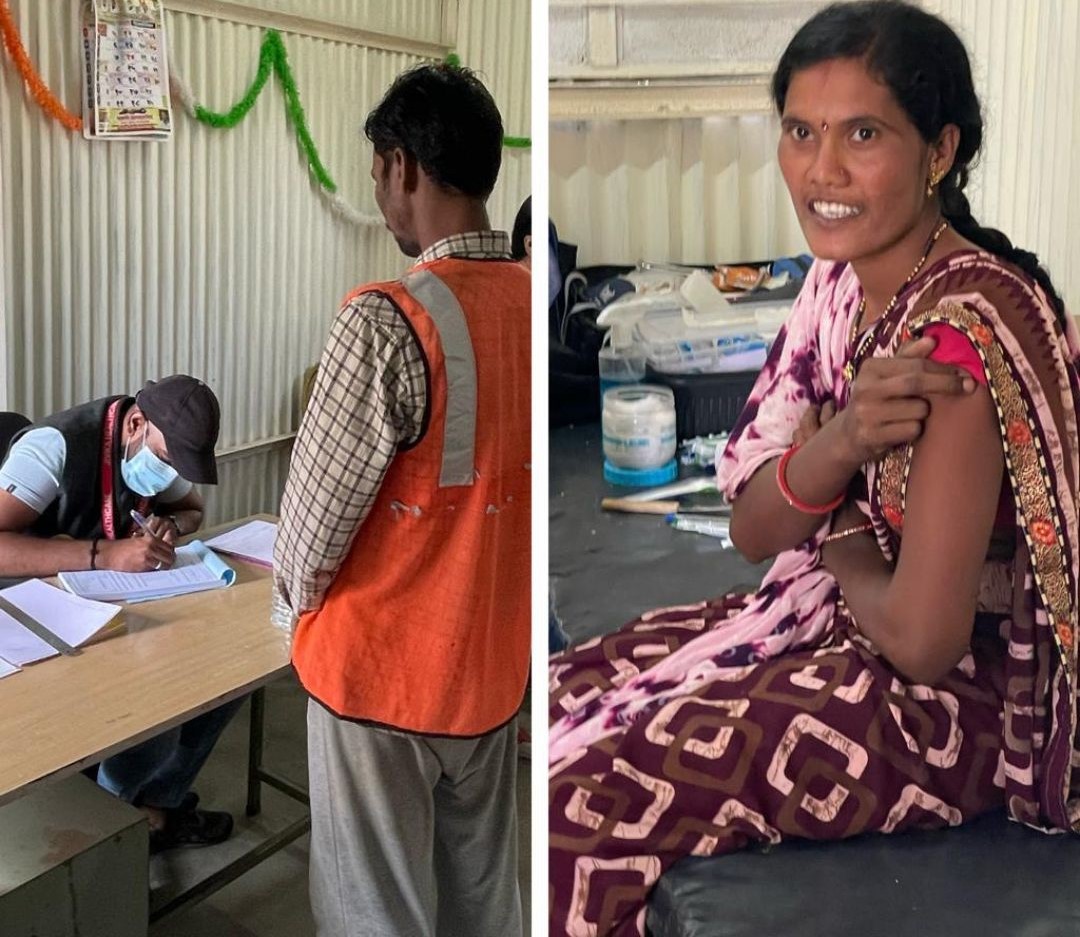Maintaining Immunity to Boost and Beat the Pandemic once Vaccinated
The coronavirus is a public health threat, but it is also and increasingly an economic threat. Before this Covid pandemic terms like lockdowns, mask mandates and social distancing were unknown to us. Today they are part of our everyday language as the COVID pandemic continues to impact all aspects of our lives. Over the past 2 years, the pandemic has harmed the poor and it is threatening to push millions more into poverty.COVID-19 has triggered a global health crisis like no other. This pandemic impacted businesses and jobs, reduced family incomes. Many people died in this pandemic.
A COVID-19 vaccine is a vaccine intended to provide acquired immunity. The COVID-19 vaccines are widely credited for their role in reducing the severity and death caused by COVID-19.
In September 2020, India’s Health Minister Harsh Vardhan stated that the country planned to approve and begin the distribution of a vaccine by the first quarter of 2021. The first recipients were to be 30 million health workers directly dealing with COVID patients. India began its vaccination programme on 16 January 2021, operating 3,006 vaccination centres on the onset. Each vaccination centre will offer either Covishield or Covaxin, but not both. 165,714 people were vaccinated on the first day of availability. Getting vaccinated could secure your life. COVID-19 vaccines provide strong protection against serious illness, hospitalization and death. There is also some evidence that being vaccinated will make it less likely that you will pass the virus on to others, which means your decision to get the vaccine also protects those around you.
Even after getting vaccinated, keep taking precautions to protect yourself, family, friends and anyone else you may come into contact with. COVID-19 vaccines are highly effective, but some people will still get ill from COVID-19 after vaccination. There is also still a chance that you could also pass the virus on to others who are not vaccinated. Stay at least 1 metre away from other people, wear a properly fitted mask over your nose and mouth when you can’t keep this distance, avoid poorly ventilated places and settings, clean your hands frequently, stay home if unwell and get tested, and stay informed about how much virus is circulating in the areas where you travel, live and work.
Jignesh Patel, CEO and founder of vaccine on wheels, the main aim of Vaccine on wheels is to give vaccines to all those unaware and unprivileged people of slums and villages
Pune’s vaccine on wheels is reaching out to unprivileged people, senior citizens at old age homes, mentally challenged people at rehabilitation homes, HIV positive people to administer the Covid-19 vaccine.
So a team of :
1 Doctor,
2 Nurses,
2 Healthcare assistants
1 driver with an ambulance each function like a vaccination booth and takes the service to the community.
Vaccines on wheels are free of cost.
There are around 120 vans of the vaccine on wheels.
Vaccine on wheels saved around 1164873 lives.
Anxiety-related events, including syncope, can occur immediately after vaccination with any vaccine and might be caused by anxiety about receiving an injection.
After a few days, you will feel normal and you should not panic.
The vaccine is an immunity booster because :
The vaccine protects you and your child from many serious and potentially deadly diseases
Vaccines protect other people in your community – by helping to stop diseases from spreading to people who cannot have vaccines
Vaccines undergo rigorous safety testing before being introduced – they’re also constantly monitored for side effects after being introduced
Vaccines sometimes cause mild side effects that will not last long – some children may feel a bit unwell and have a sore arm for 2 or 3 days
The vaccine reduces or even get rid of some diseases – if enough people are vaccinated.
VaccineOnWheels, in partnership with the Rotary Club of Pune Central, will bring together NGOs and CSR partners to fund various resources required to deploy 15 mobile vaccination units to immunise 0.1 million people in a month, within the Pune Municipal Corporation area. Its unique PPP model will undertake a complex orchestration of multiple activities – from procurement to deployment, awareness to mobilisation, and registration to inoculation, with the support of multiple stakeholders.
The organization aims to immunize one million Indians in a span of eight to 12 months, in partnerships with various state governments.



